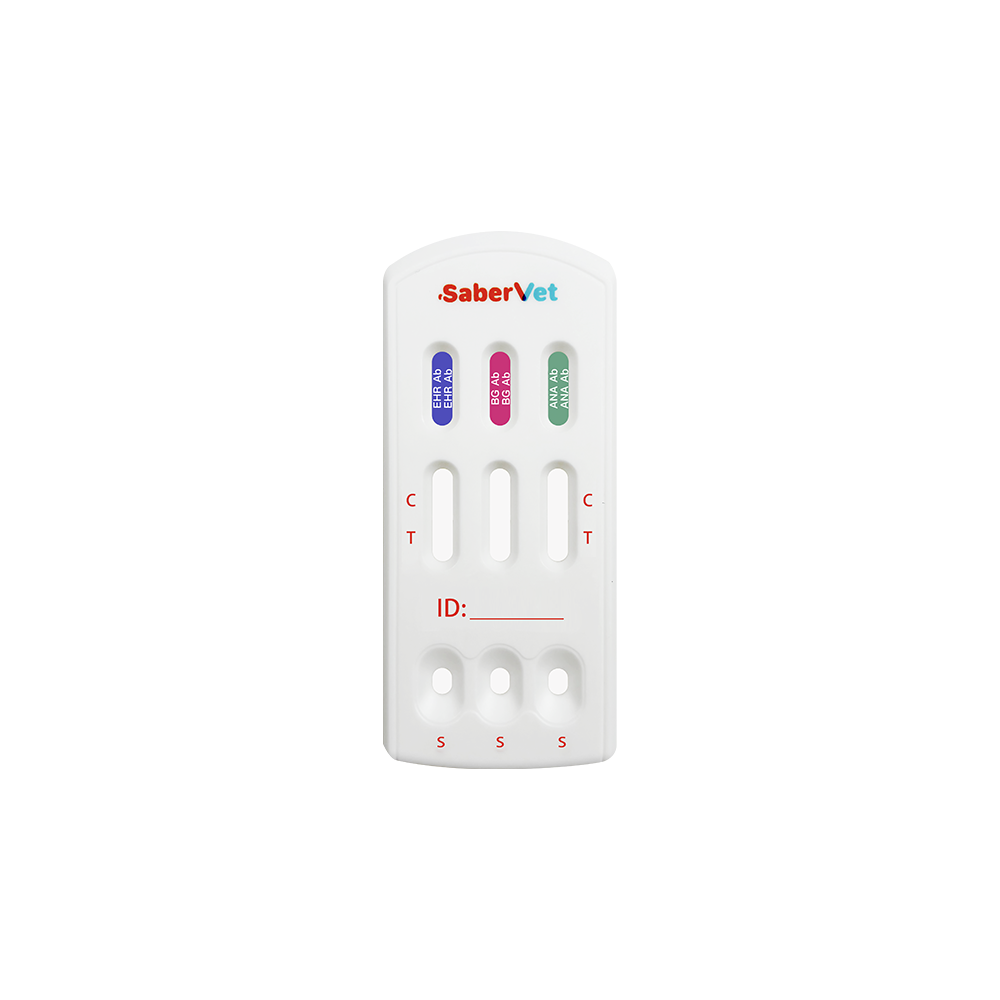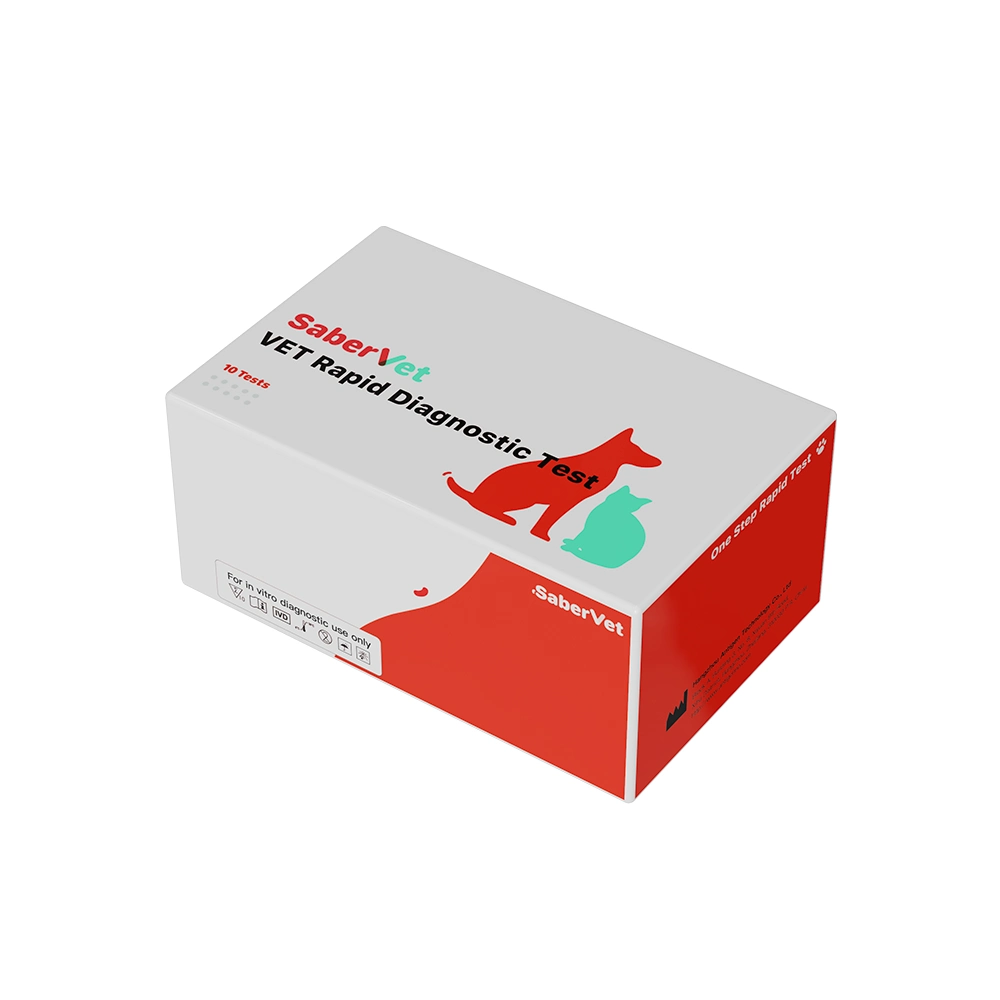Canine Ehrlichiosis, Babesia gilbertii and Anaplasma canis are three common tick-borne diseases in dogs.
Canine Ehrlichiosis, Babesia gilbertii and Canine Anaplasma in Common
Transmission route:
All are transmitted through tick bites.
Clinical symptoms:
All may cause systemic symptoms such as fever, lethargy, loss of appetite and weight loss.
Both may cause anemia and enlarged lymph nodes.
Geographic Distribution:
Globally distributed, especially common in areas where ticks are active.
Differences between Ehrlichia canis, Babesia gilbertii and Anaplasma canis
Pathogen
Canine Ehrlichiosis: caused by Ehrlichia canis.
Babesia gibsoni: caused by Babesia gibsoni.
Canine Anaplasma disease: caused by Anaplasma.
Specific symptoms
Canine Ehrlichiosis: Characteristic symptoms include nosebleeds, bleeding tendencies, and eye problems (e.g., uveitis).
Babesia gilberti: the main signs are severe anemia, jaundice, renal insufficiency and splenomegaly.
Canine Anaplasma disease: similar to Babesia gilbertii but usually with milder symptoms including acute anemia and jaundice.
Diagnostic approach
Canine ehrlichia test
Blood smear test: blood smears can be observed for Ehrlichia.
PCR test: detects Ehrlichia DNA with high sensitivity and specificity.
Serologic testing: detects anti-Ehrlichia antibodies.
Blood biochemistry tests and complete blood count: can show anemia, thrombocytopenia, and hyperglobulinemia.
Babesia gigantica
Blood smear test: direct observation of Babesia gilbertii.
PCR test: detects Babesia gilbertii DNA with high sensitivity and specificity.
Serologic testing: detects anti-Babesia antibodies.
Babesia blood test (biochemistry): to assess anemia, bilirubin level and kidney function.
Canine anaplasma test for dogs
Blood smear test: direct observation of Anaplasma.
PCR test: anaplasmosis testing DNA with high sensitivity and specificity.
Serologic testing: detects anti-Anaplasma antibodies.
Blood biochemistry test: Assesses anemia and bilirubin levels.
Canine Ehrlichia/Babesia Gibsoni/Anaplasma Antibody Combo Rapid Test
Antigenne has developed a combined test for Ehrlichia canis, Babesia gigantica and Anaplasma canis, which can help users to more accurately diagnose whether the dog is infected with these diseases and develop appropriate treatment and control measures to protect the health of the dog.












